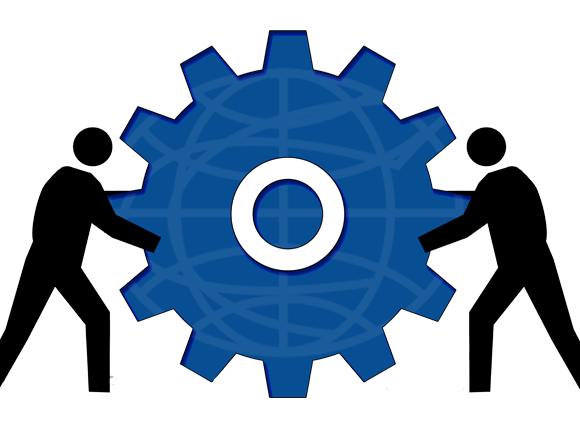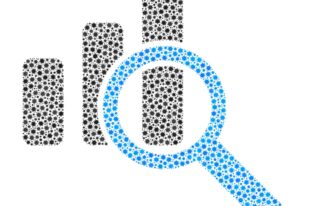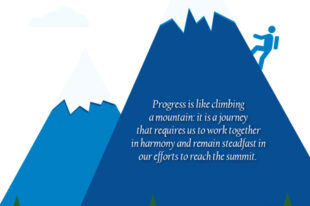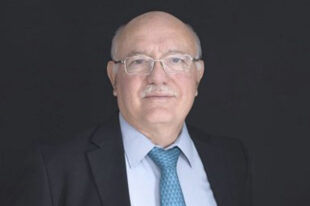CBC, IDSC Partner to Share Ideas, Best Practices

“It’s time for action, time to deliver, time to give life to our commitments,” remarked Mr. Kimi Makwetu, Auditor General (AG) of South Africa’s Supreme Audit Institution (SAI) and chair of the Capacity Building Committee.
Mr. Makwetu’s words resonated with the more than 100 delegates from SAIs and partner organizations worldwide that attended this year’s joint CBC and International Organization of Supreme Audit Institutions (INTOSAI)-Donor Cooperation Steering Committee (IDSC) meetings held at World Bank headquarters in Washington, D.C., September 18-21, 2017.
Providing attendees with a glimpse into past achievements and future initiatives, the CBC-IDSC contiguous meetings captured several themes:
- Accountability and Transparency;
- Consultation and Collaboration; and
- Responsiveness and Partnering.
The week-long event kicked off with several parallel CBC work streams, including sessions dedicated to peer reviews, the SAI Performance Measurement Framework (SAI PMF) and the INTOSAI Self-Assessment INTegrity (INTOSAINT), two mechanisms providing numerous benefits to all SAIs.
“SAI PMF is a tool for many things, not just performance measurement,” noted Ms. Sina Palamo Iosefo, adding, “SAI PMF is also a great way to build institutional capacity and assess needs.”
Ms. Iosefo, representing the Pacific Association of Supreme Audit Institutions (PASAI), offered a regional perspective on SAI PMF implementation, including challenges and best practices achieved.
“A coordinated approach encouraged better performance, commitment and knowledge sharing; created a critical mass of resource persons in the region; and led to the integration of scores into PASAI’s Monitoring, Evaluation and Reporting (MER) framework,” Ms. Iosefo highlighted.
Mr. Erwin Alberto Ramírez-Gutiérrez, Director of International Relations, SAI Mexico, facilitated the INTOSAINT work stream, where he discussed the Organization of Latin American and Caribbean Supreme Audit Institutions (OLACEFS) experience, specifically pointing out numerous hurdles the region has addressed, including:
- Regional participation;
- Funding;
- Knowledge sharing;
- Updating mechanisms and sustainability;
- Providing follow-up; and
- Communications strategies.
Mr. Ramírez-Gutiérrez stressed that OLACEFS will continue to raise INTOSAINT awareness through outreach activities, collaborative efforts and providing working materials translated into Spanish and Portuguese.
In addition to work stream sessions, CBC working groups provided progress reports using the new dashboard reporting format—a positive development to an accountable CBC and INTOSAI—an aspect goal chair representatives reflected on as they took center stage to also share successes in collaboration, standard-setting and professionalization experienced in the months since INCOSAI XXII.
Several smaller-group brainstorming sessions were integrated throughout the meeting, allowing participants to share knowledge, experience and generate ideas on aligning, confirming and “stretching” CBC strategies.
The need to challenge typical methodologies was brought to light, particularly for auditing Sustainable Development Goal (SDG) implementation preparedness.
Ms. Marion Barthélemy, Director, United Nations Department of Economic and Social Affairs (UNDESA), noted the complexities associated with SDGs and emphasized that SAIs must go beyond the traditional mandate, furthering that what matters is how SAIs contribute to a more robust implementation, follow-up and review of the SDGs and Agenda 2030.
Mr. Fayezul Choudhury, Chief Executive Officer, International Federation of Accountants, challenged accounting and auditing professionals to build trust and inspire confidence, stressing that global challenges require collaboration and cooperation, two very key aspects highlighted in this joint event, where CBC and IDSC synergies were harnessed to unveil best practices applicable to all.
Mr. Bruce Vivian, Senior Manager of Professionalization with the Organization of English-speaking African Supreme Audit Institutions (AFROSAI-E), placed an emphasis on engaging and working with a variety of stakeholders at all levels.
He also underscored the need for a competency framework based on the INTOSAI core but tailored for the region to achieve professionalization—a prime example of the “global profession, local solution” concept, which is gaining ground within INTOSAI as SAIs learn to take local situations into account when addressing global needs.
The “global, local” concept is further illustrated in the Zimbabwean case study highlighted during a session focusing on fragile states.
“In Zimbabwe, for Zimbabwe,” noted Ms. Rheah Kujinga, Deputy AG, Zimbabwe, who discussed the project’s importance and how it aimed to serve the citizens of Zimbabwe.
The World Bank’s Mr. Ed Olowo-Okere echoed sentiments on collaboration and cooperation spoken throughout the week, as he pointed out stakeholder consultation, buy-in and commitment were critical to the Zimbabwe project’s success.
The need for all stakeholder roles and responsibilities to be incorporated into plans is one of the lessons learned in implementing the Global Call for Proposals (GCP), where preliminary results showed many projects had ambitious outcomes but few concrete indicators.
In her presentation on GCP Tier One, Ms. Kerry Crawford, IDSC, said the GCP is “a great gateway for SAIs,” opening the floor to participants to discuss support, funding mechanisms and optimal service delivery.
Mr. Wessel Pretorious, AFROSAI-E, stressed that proper accountability, proper processes and proper regional coordination are essential to more effective GCP support, support that comes in numerous forms—in-kind, monetary, direct to a specific SAI, and through an intermediary.
As part of the final day’s agenda, Mr. Ole Schoeyen, IDSC, emphasized the importance of people and capacity building and discussed good practice principles and IDSC’s way forward, which includes a greater focus on the GCP, the SAI capacity database and enhancing communications efforts that truly add value.
The World Bank’s Ms. Jennifer Thomson, IDSC Donor Chair, summed it up best in her address to all delegates attending the CBC-IDSC event.
“We will continue to try to make a difference.”





